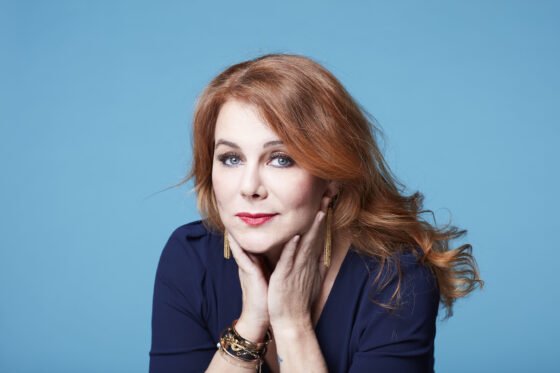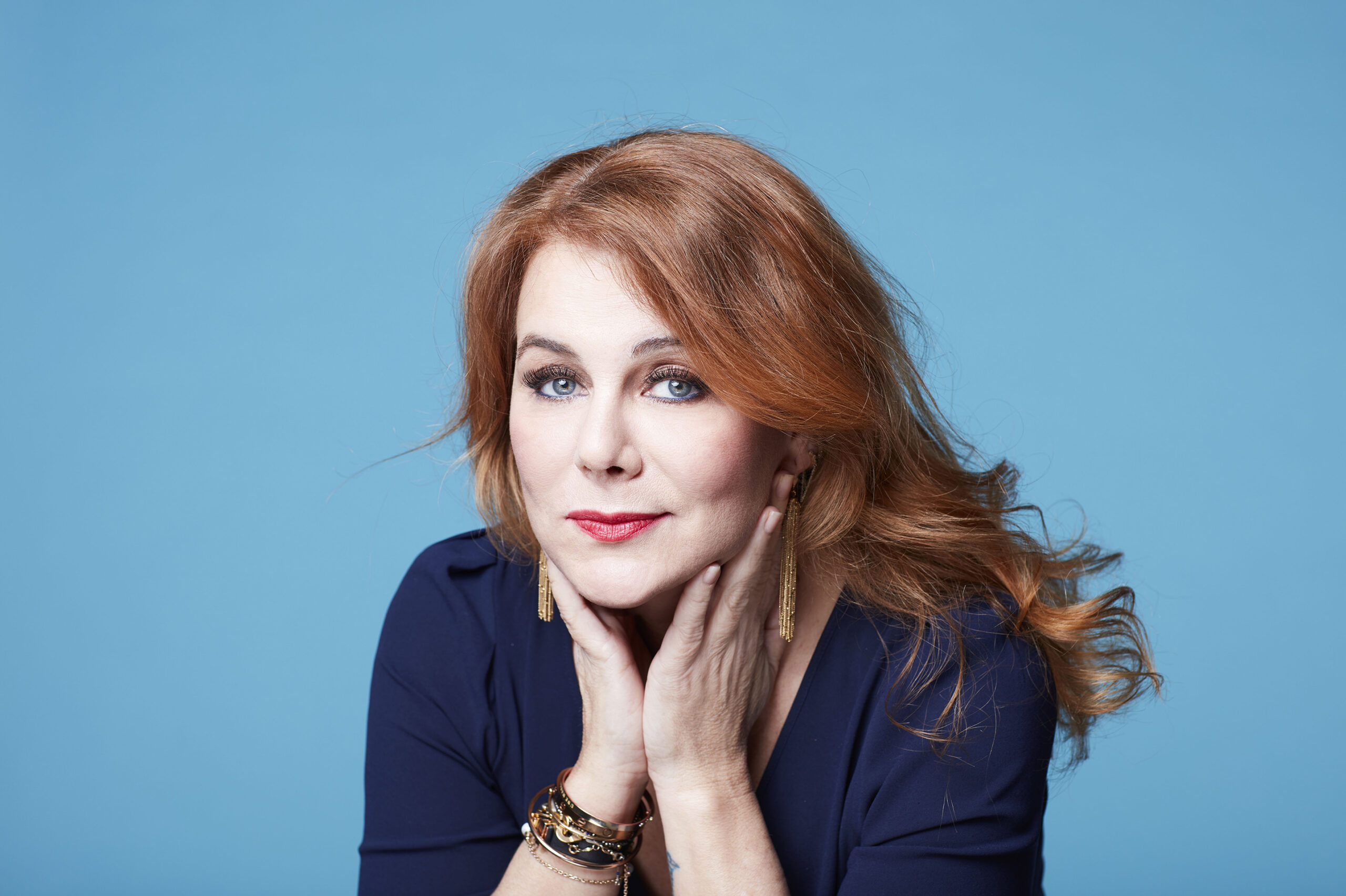
In “La Grosse”*, Ariane Séguillon talks about her fight against bulimia, a disease whose testimonies are still rare in France. The French actress, who we meet daily in the series “Tomorrow Belongs to Us”, agreed to tell us about her personal experience, her journey and her long road to recovery. meeting.
What motivated writing this book?
I just wanted to tell the truth. It kind of started when I announced to the press and on social media that I had bulimia and that I was gaining weight from this disease. It became public, and some media said all sorts of things, like the fact that I had lost 45 pounds while exercising, for example. That mistake is. It can probably happen, but it wasn’t my case since I had bulimia. I therefore found myself, in spite of myself, spokesperson for this disease, and so many people have written to me, who are suffering, that it prompted me to tell my story. Mainly because I was approached by a publisher who was looking for someone to talk to about the disease, as there are very few testimonials books on the subject, so I decided to do it. I’ve finally signed with another publisher, but this allows me to tell the whole truth about what I’ve been through.
Has writing also served as an outlet?
It wasn’t really the purpose of this book, but it turned out that in the long run I did indeed have the impression that I was going to have a baby. It’s hard to explain, but I put everything into it, even my tears, so it became visceral. Basically, though, I didn’t do it for that, and didn’t necessarily feel justified in telling my story this way.
The book is called ‘La Grosse’, a word that is now considered politically incorrect. Why this choice?
In everyday life, if it’s not exactly a matter of political correctness, it’s a term that pops up quite often. We hear it everywhere! It is a term that people say to each other, without any complex. You don’t really hear it at a ‘trendy’ party, but on the street, with friends, it happens very often. It is also and above all the name I have been given for years, and you have to call things by their name. It therefore seemed logical to me to name the work in this way.
You speak without taboo about bulimia, a topic that is still in the media. How has the disease affected your life?
The disease was necessarily latent, but broke out completely the day my brother told me he had cancer. This is really where it all started.
You say in the book that certain events were not related to a date, but to your weight. Has this become an obsession?
Yeah totally. All that mattered was the weight on my scale, everything else did not exist. It was amazing.
How have these bouts of bulimia impacted your daily life and work?
It didn’t affect my work or my daily life for the simple reason that I pretended they didn’t exist. On the other hand, they had an impact on me, on a personal and intimate level, on my lies, on this need to exist permanently or to justify myself by my weight, but not to others because I don’t have it on nobody told and nobody knew. People had the discretion not to tell me anything, or to say it behind my back, but I don’t know.
The dictates imposed on women will persist in 2022, and this is more the case in cinema or television. Have you felt this weight of commandments on a daily basis?
It actually happened once when a casting director said to me, “oh sorry, I thought you were still pretty”. But in my work I didn’t feel much of it. People don’t say things so openly, so we don’t pay attention. Besides, I probably lied to myself too, so I didn’t pay attention to that. Finally I realized things.
How did you know it was a disease?
It’s like with drugs, we don’t talk about it and we don’t even think about it. Healing begins the day you realize you are bulimian. There is no consciousness for that. But if we really need to talk about this trigger that led me on the path of recovery, it probably came the day I lied to my son about several packets of pies that had “disappeared.” Sure, I’d swallowed them the day before, but I denied it before he presented me with a fait accompli. There I told myself that something had to be done, that I couldn’t lie to my son. From there I tried many things to get out, until I finally understood that it was my head that needed treatment. This is probably what’s most important to understand: this “why,” these things to calm down inside, before trying surgery, dieting, or anything else.
That’s right, you’ve tried different diets, balloon insertion, weight loss treatment… to no avail. Do you know today why these methods have failed?
Simply because I wasn’t ready. We can do whatever we want, if the head doesn’t follow it’s absolutely useless. And I understood that by pushing the door of the good psychologist. There is a lot of work to do on yourself, and you have to relearn how to love yourself.
Would you tell women—and men—who suffer from bulimia that healing starts with working on yourself, with the help of a psychologist, before starting more serious diets or procedures?
A huge yes, and only one piece of advice: love yourself, no one can do it for you and listen to yourself, you know yourself better than anyone else. Personally, I didn’t lose weight because of my outward beauty, but because I started to have serious health problems and was on my way to morbid obesity. It is important to know how these men and women feel and why they want to lose weight. Every case is so different. But if my book can help even one person, it’s because I did the right thing in writing it.
* “La Grosse – I am healed, but I take care of myself”, Ariane Séguillon, Editions Flammarion.
ETX Daily Up
